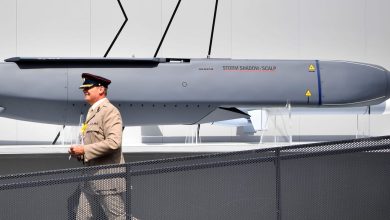Report: Wagner Fighters Found Loitering at Train Stations While Intoxicated, Failing to Return Home

According to a recent report, there has been a curious phenomenon occurring at train stations across the country, involving drunken Wagner fighters who refuse to leave and instead linger around these public spaces. This peculiar behavior has led to growing concerns among commuters and station authorities alike.
Drunken Wagner fighters, also known as “Wagnerianen” or “Wagnerians,” are enthusiasts of German composer Richard Wagner and his grand operas. These performances are renowned for their emotive and powerful music, drawing passionate devotees from all walks of life. However, it seems that some of these fervent fans may be taking their love for Wagner a bit too far.
Eyewitness accounts reveal that these inebriated Wagner enthusiasts often gather near train stations after attending live performances. Clad in traditional attire, which includes long flowing capes and sword replicas, they engage in animated debates and impassioned discussions about Wagner’s work.
While one could argue that the passion and dedication displayed by these individuals is admirable, the issue arises when their enthusiasm turns disruptive and potentially dangerous. Witnesses report loud singing, chanting, and even sporadic swordplay near early morning commuter trains, creating an uncomfortable and unsafe environment for those around them.
Station authorities have expressed their concerns regarding this disturbing trend. Not only does it disrupt the peaceful transit experience for daily commuters, but it also poses a hazard to both the fighters themselves and the general public. Excessive alcohol consumption combined with unsupervised swordplay can easily lead to accidents or confrontations.
Furthermore, the report highlights that despite their boisterous presence, these Wagnerianen often neglect to catch their scheduled trains. Many individuals interviewed confessed to missing numerous departures due to their lingering engagements at the train stations. This behavior not only inconveniences them personally but also further disrupts the orderly operation of the stations.
The reasons for this peculiar fixation on train stations remain unclear. Some speculate that these Wagner enthusiasts are drawn to the bustling atmosphere of these public spaces after an emotionally charged Wagner performance. They find solace in converging with like-minded individuals to share their experiences and insights. Others believe that their persistent presence is merely a result of alcohol-induced poor judgment and a desire to extend the celebratory nature of the event.
Regardless of the underlying motivations, the report concludes by suggesting some potential solutions. Train station authorities could implement stricter regulations to curb unnecessary loitering and disruptive behavior. Routine security patrols coupled with effective communication campaigns could help dissuade drunken Wagner fighters from overextending their post-performance celebrations at train stations.
Additionally, local authorities, cultural institutions, and Wagner fan groups should collaborate to provide alternative spaces for enthusiasts to convene after a performance. By offering designated areas where fans can continue their discussions and revelry, the excessive congregation at train stations could be reduced or eliminated altogether.
It is essential for the enjoyment and reputation of Wagner’s work, as well as the comfort and safety of commuters, that a solution to this issue is found. The passionate devotion of these Wagnerianen should not be discouraged, but rather channeled in a more appropriate manner. Until then, it seems that train stations will continue to double as makeshift gathering spots for drunken Wagner fighters, despite being far from the ideal venue for their post-performance celebrations.




